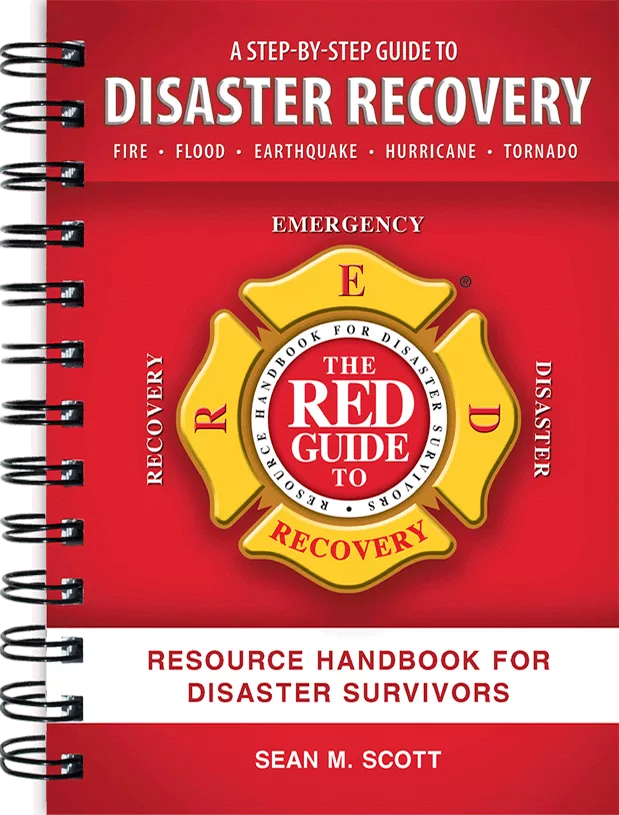Let's Not Drink to That
We’ve all seen it happen. A marketing representative or sales executive takes a client to lunch and they both enjoy a cocktail. Then one of them enjoys another drink or two. Soon the conversation loses focus, the jokes get a little more off-color, and the relationship that was supposed to be strictly professional gets compromised. Or perhaps you’ve been at a convention or trade show where everybody is enjoying a reception with alcohol courtesy of one of the favored suppliers. There are always a few people who take the offer of free drinks as a reason to indulge at someone else’s expense. Conversations get loud and bravado kicks in. When the effects of too many drinks start to surface, bystanders wonder why anybody would do business with these people.
Drinking while trying to entertain or network can be dicey at best. At worst, mixing alcohol with business can derail a business relationship or a career.
No restoration contractor allows employees to drink at work and we’ve all sent workers home who reported to a job site with such a hangover that they could not function. Their impairment represents a danger to themselves and other workers. You would not allow your receptionist or estimator to wander into the break room and chug a beer. In fact, most companies do some type of drug and alcohol testing to make sure the workplace is free from such substances. So with our aversion to alcohol in the workplace, is it wise to encourage drinking when our representatives are entertaining clients?
A 2010 study by the Society for Human Resource Management found that 75% of companies surveyed have policies covering consumption of alcohol at work-related events. About half of those allow drinking of alcohol and the other half prohibits it. The study also found that there has been no change in the degree of acceptance for drinking alcohol at work-related events since the previous study in 2006.
If your company is one of those that lacks a policy, it’s time to consider developing one. If you choose to allow employees to drink at work-related functions, you should at least require that they drink responsibly. After all, they are your representatives and your reputation is linked to their behavior. Furthermore, an employee who has too much to drink at an official business function and then gets behind the wheel is putting more than your reputation at risk. If he or she injures someone in an accident, that victim’s attorneys will target you and use your lack of a policy as a reason for holding you responsible.
We all want to trust our employees to use good judgment when representing the company. But our trust in their judgment should be backed up by a policy that holds them accountable for their decisions.
In the final analysis, there may be cases where clients have refused to work with a sales representative because he or she does not mix drinking with business. But I’ll bet there are a lot more instances of clients who are lost because the behavior of an intoxicated representative caused them to lose confidence in the company.
Think about it.
Looking for a reprint of this article?
From high-res PDFs to custom plaques, order your copy today!







